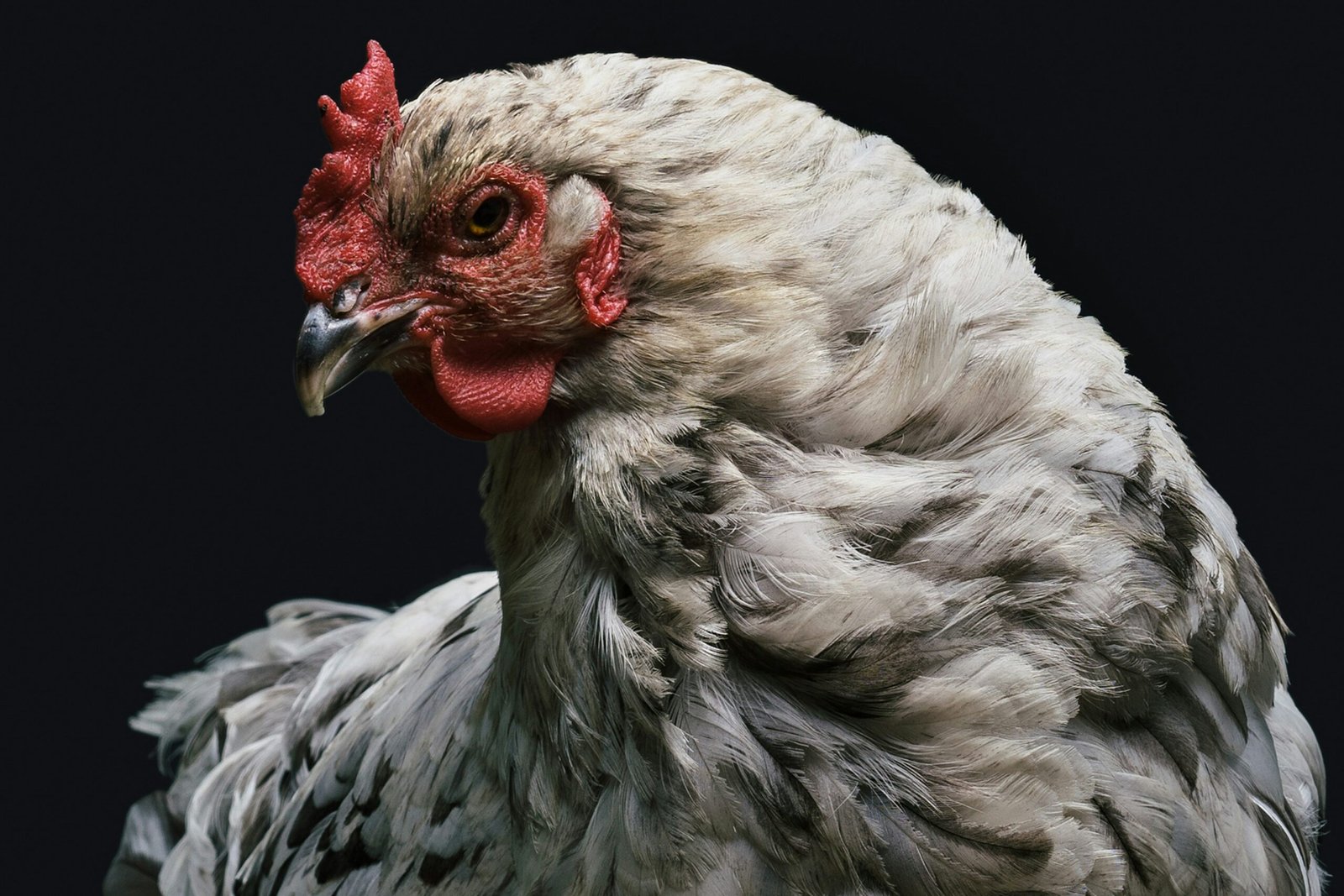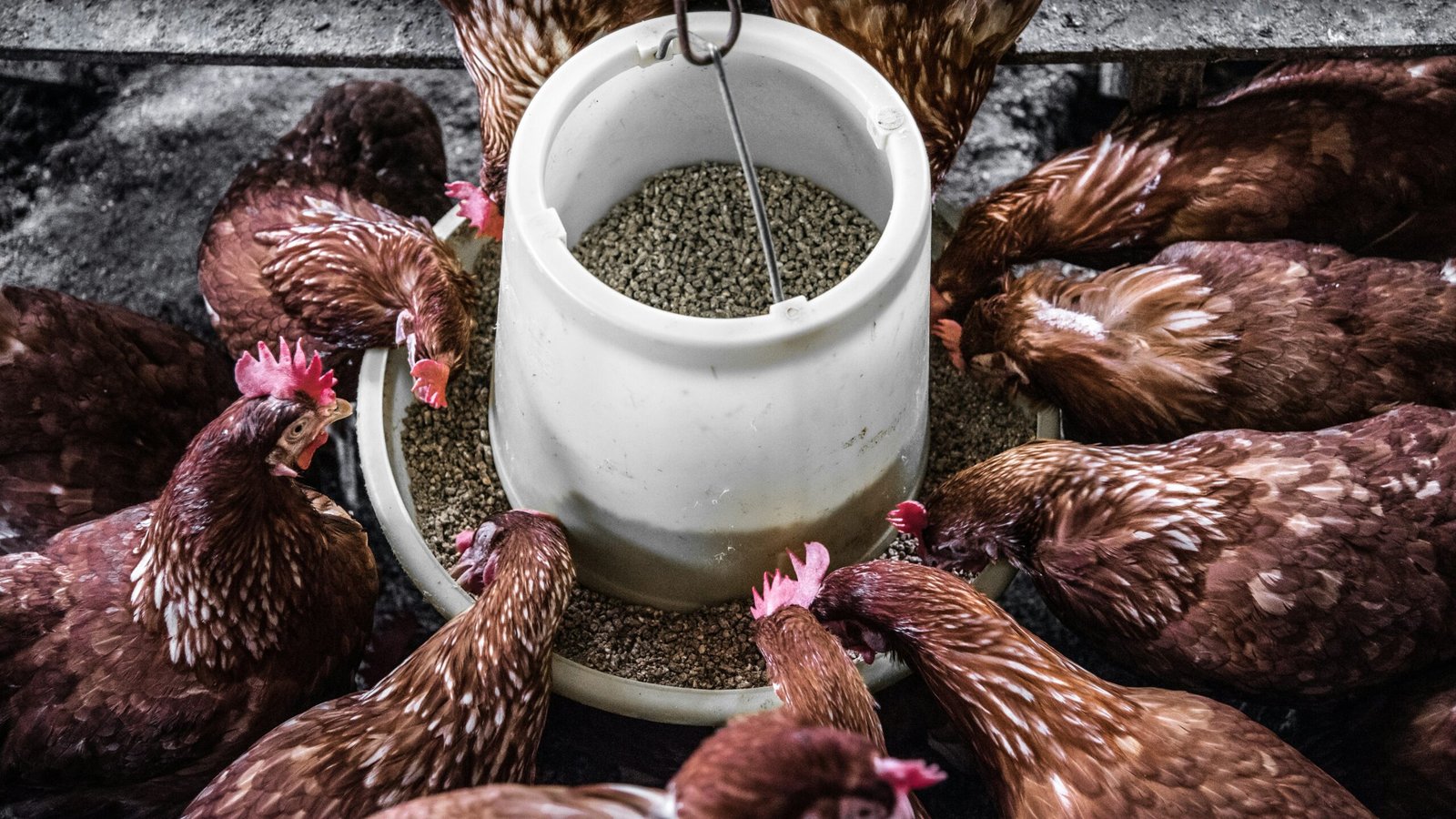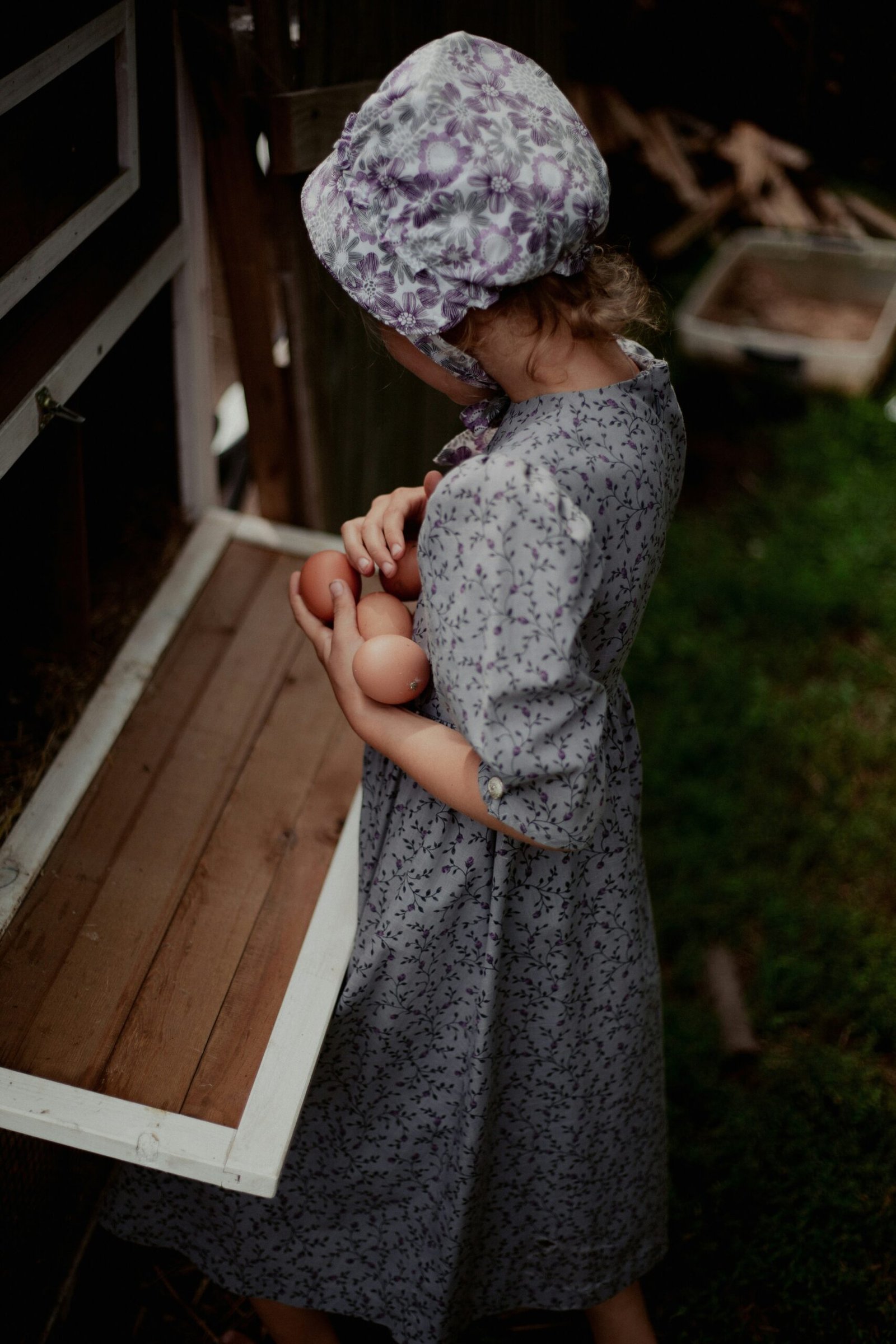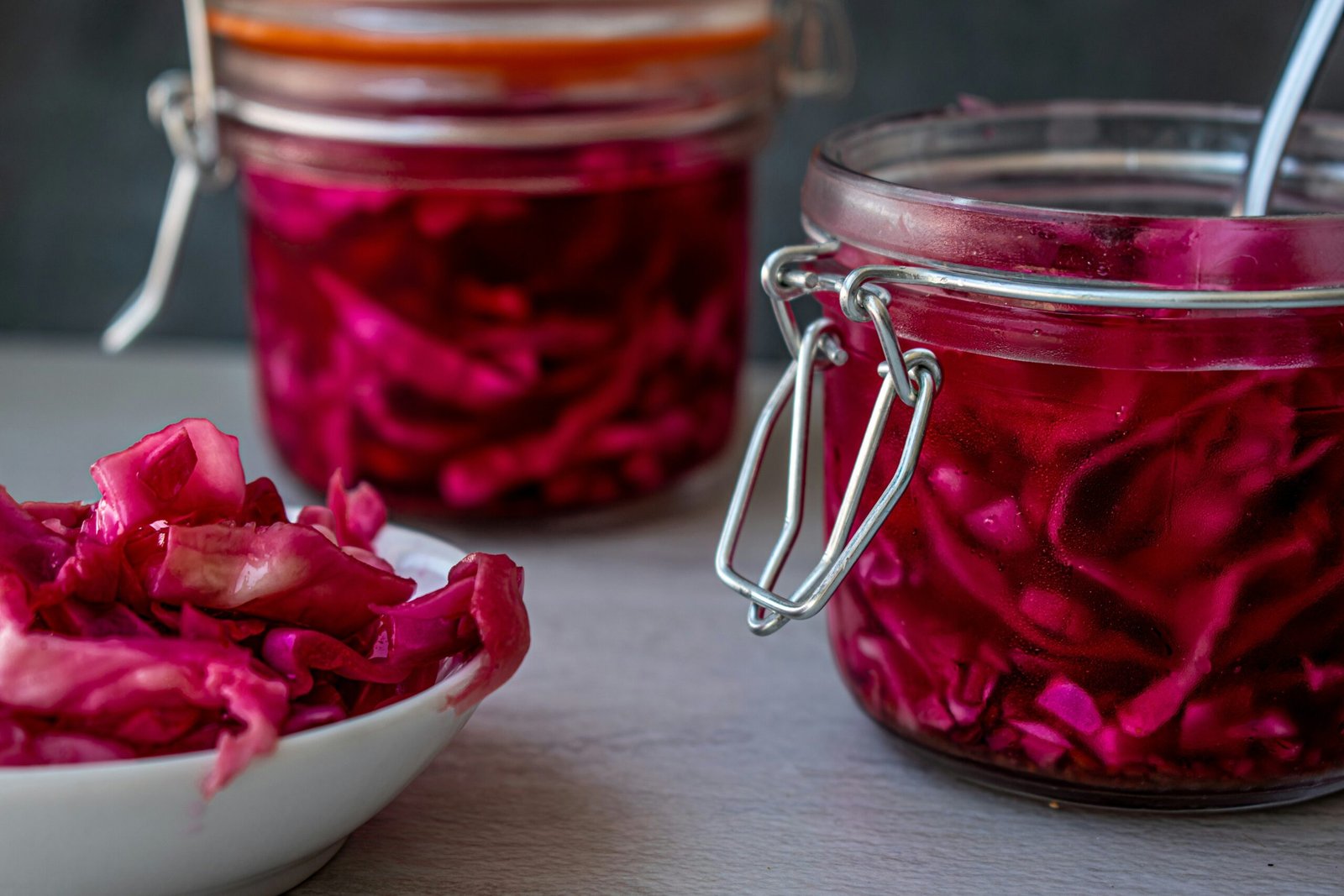Welcome to the world of chicken keeping! Whether you’re a seasoned poultry enthusiast or a newbie to the feathered flock, one thing is for sure: water is essential for the health and well-being of your chickens. In this blog post, we’ll explore some innovative methods for collecting and providing water for your chickens on the homestead. From rainwater harvesting systems to sustainable waterers that minimize waste and conserve water, we’ve got you covered!
1. Rainwater Harvesting Systems
Why let all that rainwater go to waste when you can put it to good use for your chickens? Rainwater harvesting systems are a fantastic way to collect and store water for your flock. There are a few different options to consider:
- Roof Collection: Set up a rain barrel or a series of barrels underneath your chicken coop’s roof to collect rainwater as it drains off. This water can then be used to fill your chickens’ waterers.
- Gutter Collection: Install gutters along the edge of your chicken coop’s roof and direct the water into a storage tank or barrel. This method allows for larger water storage capacity.
- Ground Collection: If you have a larger homestead, consider creating a rain garden or a swale to collect and store rainwater. This method is more suitable for those with ample space.
Remember to keep your rainwater collection system clean and free of debris. Regularly check for any signs of contamination and ensure the water is safe for your chickens to drink.
2. Sustainable Waterers
When it comes to providing water for your chickens, it’s important to minimize waste and conserve this precious resource. Here are some sustainable waterer options to consider:
- Nipple Waterers: These waterers are a popular choice among chicken keepers. They consist of small nipples that the chickens can peck at to release water. Nipple waterers help reduce water wastage by preventing spillage and contamination.
- Automatic Waterers: These waterers are equipped with a float valve or a pressure system that automatically refills the waterer as the chickens drink. They are a convenient option for those with larger flocks.
- Gravity-Fed Waterers: These waterers rely on gravity to supply water to the chickens. They are simple to set up and can be easily made using common household items such as buckets and water containers.
Whichever waterer you choose, make sure to regularly clean and sanitize it to prevent the buildup of bacteria and algae. Chickens are picky drinkers, and they deserve clean and fresh water!
3. Water Conservation Tips
While implementing rainwater harvesting systems and using sustainable waterers are great steps towards water management for your chickens, there are a few additional tips to help you conserve water:
- Manage Spillage: Place waterers on a platform or in a shallow tray to catch any spilled water. This way, your chickens can still access the water, and you can minimize wastage.
- Timing is Key: Observe your chickens’ drinking patterns and refill the waterers accordingly. This helps prevent unnecessary water wastage.
- Watering the Garden: If you have a garden or plants on your homestead, consider using the water from your chicken waterers to irrigate them. This way, you’re recycling the water and nourishing your plants at the same time.
By implementing these water conservation tips, you’ll not only save water but also reduce your water bill and contribute to a more sustainable environment.
Conclusion
Water is a vital resource for your chickens, and it’s crucial to provide them with clean and fresh water every day. By incorporating rainwater harvesting systems, using sustainable waterers, and implementing water conservation practices, you can ensure your flock stays hydrated and happy while minimizing waste and conserving water. So, let’s raise a glass (or a waterer) to the health and well-being of our feathered friends!





